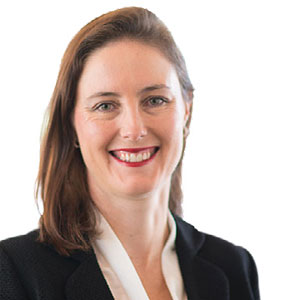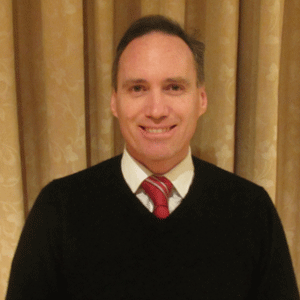THANK YOU FOR SUBSCRIBING

The Future of Healthcare Services in Australia
Bettina McMahon, Chief Operating Officer, Australian Digital Health Agency


Bettina McMahon, Chief Operating Officer, Australian Digital Health Agency
In 2019, most Australians are digitally connected and make everyday use of digital services—and this use of technology presents huge opportunities for healthcare.
Recent Australian studies have shown that 86 percent of households now have internet access at home, and the average Australian home now has 13 connected devices, with a forecast of 30 connected devices by 2021.
Almost 90 percent of Australians have a smartphone and are increasingly using their devices for financial transactions and sharing personal information. Online purchases via devices went up by 15 percent, and despite 84 percent of people expressing concern about how their personal data is used, shared, and stored by companies they interact with online, people are sharing more personal data than ever before.
Australians want a health system which puts people first—giving more choice, control and transparency
We know that people go online first for health information 84 percent of the time, and we also know that health services delivered digitally can improve access to health services and save lives.
For example, heart attack survivors who complete rehabilitation are 40% less likely to experience another attack.
When Australia’s national science agency the CSIRO delivered a cardiac rehab program through smartphones, it doubled completion rates by heart attack survivors. With an estimated 4.2 million Australian adults with cardiovascular disease, digitized care that reduces the risk of heart attacks and strokes could improve the lives of millions of Australians, and take substantial cost out of our health system.
In 2017, the Australian Digital Health Agency spoke with over 3000 Australians and received over 1000 written submissions through the National Digital Health Strategy consultation.
The community was clear about what it expects from healthcare services today and in the future. The National Digital Health Strategy, which was approved by all states and territories through the Council of Australian Government (COAG) Health Council in 2017.
Australians want a health system which puts people first—giving more choice, control and transparency. They want universal access to mobile digital health services for the whole community —not just those who are experienced users of new technology. They want their health information to be confidential and secure, protected from cyber criminals and any unauthorized access.
Healthcare providers were equally clear; a secure digital services that will provide instant access to a patient’s information, support earlier diagnosis and better management of disease, and the development of new medicines and treatments— technology to reduce administrative burden, enabling them to spend more time with patients.
We launched Australia’s National Digital Health Strategy in July 2018 to achieve our vision of better health for all Australians enabled by safe, seamless, secure digital health services and technologies.
Since then, we’ve created a My Health Record to over 90% of Australians. We’ve worked with healthcare providers to test new models of care, such as a program that assists people coming out of a hospital to manage their medications. And on 18 March 2019, we commenced a national conversation to confirm an agreed vision and roadmap for interoperability between all public and private health and care services in Australia.
Digital information will transform the quality and sustainability of healthcare. Used effectively, it can save lives, improve health and wellbeing and support a sustainable health system that delivers safe, high quality and effective health services for all Australian.












